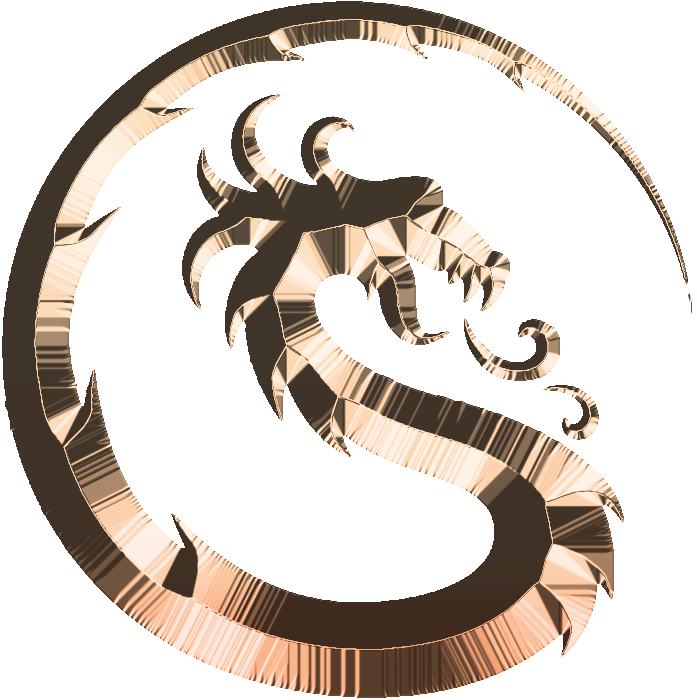When Amazon chose The Lost Queen by Signe Pike as its Editor’s Choice for Best Science Fiction & Fantasy, I knew I needed to read it. What I discovered was a book with few fantasy elements but compelling characters in an infrequently explored period that made for a satisfying historical fiction read.
Amazon ranks the book in the Arthurian Fantasy subgenre, but it’s set a generation before the core stories about King Arthur. It also makes a significant change to the mythology. Although, based on an interesting historical note at the end, the author makes a case that her tale is more historically accurate than most Arthurian fiction.
The story is told by Languoreth, the twin sister of the man history would know as Merlin. She’s also the foster sister of the man who would become Uther Pendragon. The novel covers her life, beginning when she is the ten-year-old daughter to a petty king, and continuing until she is a mother in her thirties married to the son of the High King.
Pike’s historical twist sets the entire tale in sixth-century Scotland instead of the lands around Glastonbury and Stonehenge, where most Arthurian stories take place. Languoreth’s world is one where the Angles and Saxons pose a threat to the kingdoms of Britain (she rarely, if ever, uses the term Scotland), who are more focused on fighting among themselves than uniting against the foreign invaders.
This is also a time when tensions ran high between the pagans, like Languoreth and her brother Lailoken (the future Merlin), who follow the Old Ways, and the growing ranks of Christians who pose an existential threat to those ways. The author treats this conflict with appropriate nuance. So, while some of the novel’s biggest villains are Christians, the book does not portray all pagans as good and all Christians as evil. Though Pike clearly favors the Old Ways of Langoureth and the druids, whom she calls Wisdom Keepers in the book.

Languoreth is a brave and sympathetic protagonist, although the first-person narration limits the story to her perceptions, which becomes challenging when the men are off to war and the battle matters to the plot. However, in one instance, the author comes up with a creative solution to this problem through one of the few scenes involving any form of “magic.” For a story that is partly about the man who would become Merlin, there are surprisingly few magical or fantasy elements in this book.
Pike beautifully describes her ancient Celtic setting, and she’s developed a well-crafted cast of characters. There is also a powerful element of romance in the book, especially when it comes to one of Pendragon’s handsome warriors named Maelgwn. At times, I wondered if I had picked up a historical romance by mistake. Apparently, Amazon doesn’t fit the novel into that sub-genre, but readers who enjoy a strong romance subplot with sometimes vivid sex scenes might find this aspect of the novel appealing. For those who don’t, well, you’ve been forewarned.
If the book has a flaw, it’s the lack of a central antagonist who harries Langoureth until the bitter end. Instead, the book offers several villains who pop up at different times throughout the story. But none of them become the villain that keeps you turning the pages like those in Ken Follett’s Kingsbridge novels, for example. His villains torment the main characters until the climax, and when they meet their fate, there’s a natural feeling of triumph. Unfortunately, the one character in The Lost Queen who had the potential to be that kind of antagonist doesn’t make it to the final act.
As a work of Arthurian fiction, I enjoyed The Lost Queen less than Bernard Cornwell’s Warlord Chronicles or Marion Zimmer Bradley’s The Mists of Avalon. But Pike’s decision to set the tale in ancient Scotland made the story refreshingly different from many other Arthurian tales. And her historical note is fairly convincing, arguing that the Saxons drove many northern Britons south into Wales, and they took their stories of Pendragon with them.
If you like beautifully written historical fiction with strong female protagonists and a decent helping of romance, I suspect you’ll enjoy The Lost Queen.

